March is Women’s History Month, which means it’s time to think about the efforts of women in history that fought for the women of today. National Women’s History Month can be traced back to March 8th, 1857. This takes us to a time when women in New York City factories protested poor working conditions. The United States would not designate a holiday recognizing the contributions of women until 1909. Seven decades would pass before Congress would establish National Women’s History Week; this week would be commemorated on the second week of March. Six years later, in 1987, Congress would expand National Woman’s History Week to a month.
Even today, out of 195 countries worldwide, only 70 counties have elected women to lead their governments. In honor of the advancements women have made over the past decades, here are seven women who have trailblazed their way to the top.
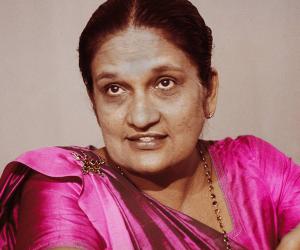
Sirimavo Bandaranaike - Sri Lanka
In 1960, she was elected as the Prime Minister of Sri Lanka, formerly known as Ceylon. Bandaranaike is the first woman to run a country in the modern era.
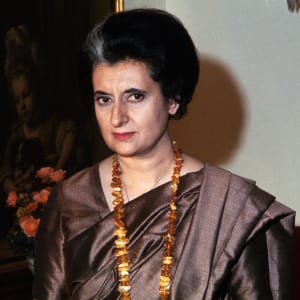
Indira Gandhi - India
In 1966, the daughter of India’s first prime minister, Jawaharlal Nehru, was appointed party leader and thus prime minister. She was re-elected twice before an opponent defeated her in 1977. She regained power in the 1980s but was then assassinated by her bodyguards four years later.
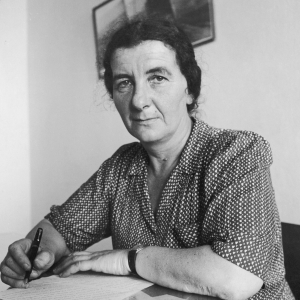
Golda Meir - Israel
In 1969, Meir became Israel’s fourth prime minister. She was one of only two women to sign Israel’s declaration of independence.
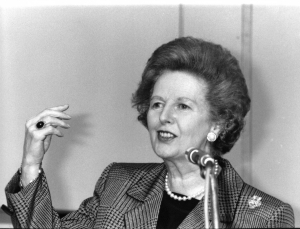
Margaret Thatcher - United Kingdom
Thatcher was an oxford graduate and worked as an industrial chemist before her career in politics. She became the leader of the Conservative Party in 1975 and would be the UK’s first female prime minister and the first woman to lead a significant western power.
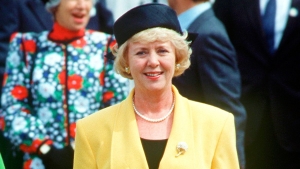
Vigdís Finnbogadóttir - Iceland
In 1980, divorced and a single mother, Finnbogadóttir was elected as Iceland’s first female leader, making her the first woman in the world to be democratically elected as president. She was re-elected three times, running unopposed in two of those elections, and she garnered an astonishing 96 percent of the voter for the latter.
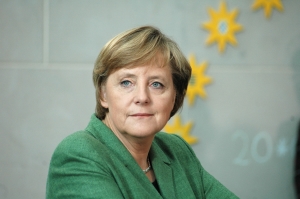
Angela Merkel - Germany
Merkel was the leader of Europe’s most populous and influential country. In 2000, Merkel began rising through the rank of the Christian Democratic Union party. Five years later, she became Germany’s first female chancellor.
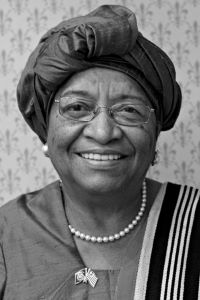
Ellen Johnson Sirleaf - Liberia
Harvard graduate Sirleaf became the first woman democratically elected in Africa to be the head of state. She beat out many male candidates in Liberia’s first presidential election. With over 12 years in power, she maintained peace, eliminated the national debt, and fortified Liberia’s economy. Sirleaf won the Noble Prize in 2011 for her work in women’s rights.
As we take the day and the month to celebrate women and the strides that have been made for their rights, it’s important to recognize women like those listed above that made it all possible. Here at Medcom, many of our department heads are women, and we work hard to make sure there aren’t any disparities in the treatment of our employees. If you’d like to celebrate in new ways, learn about observances like International Women’s Day and Women’s History Month, and support the women in your life.





